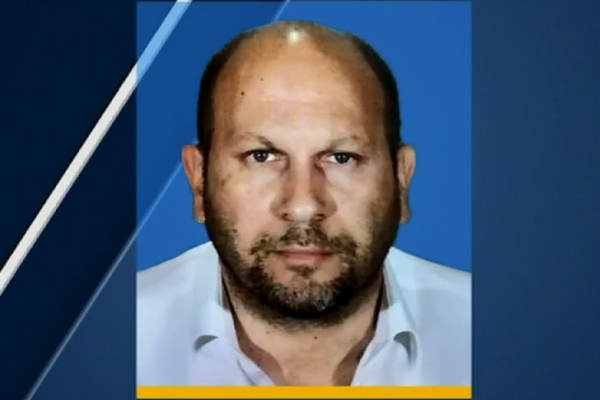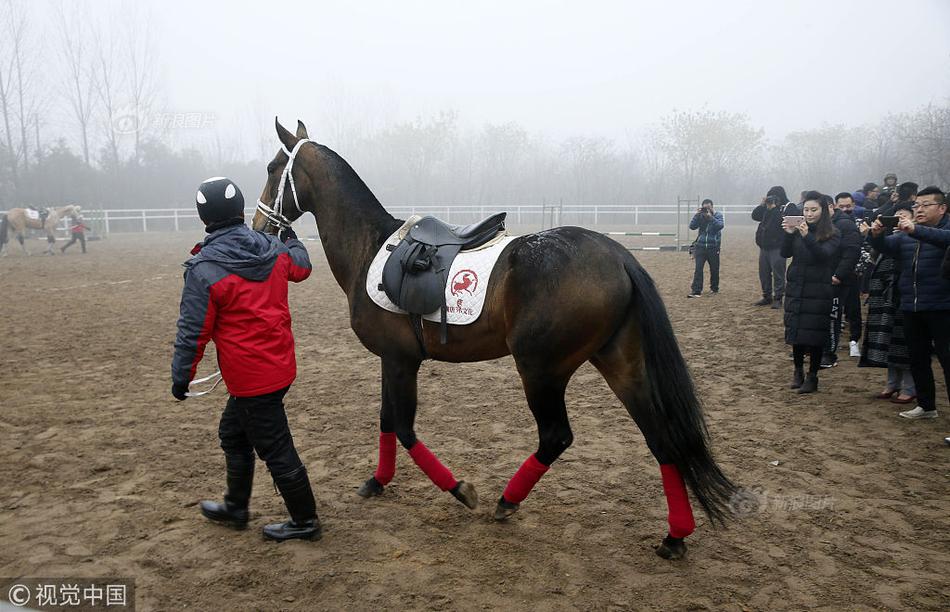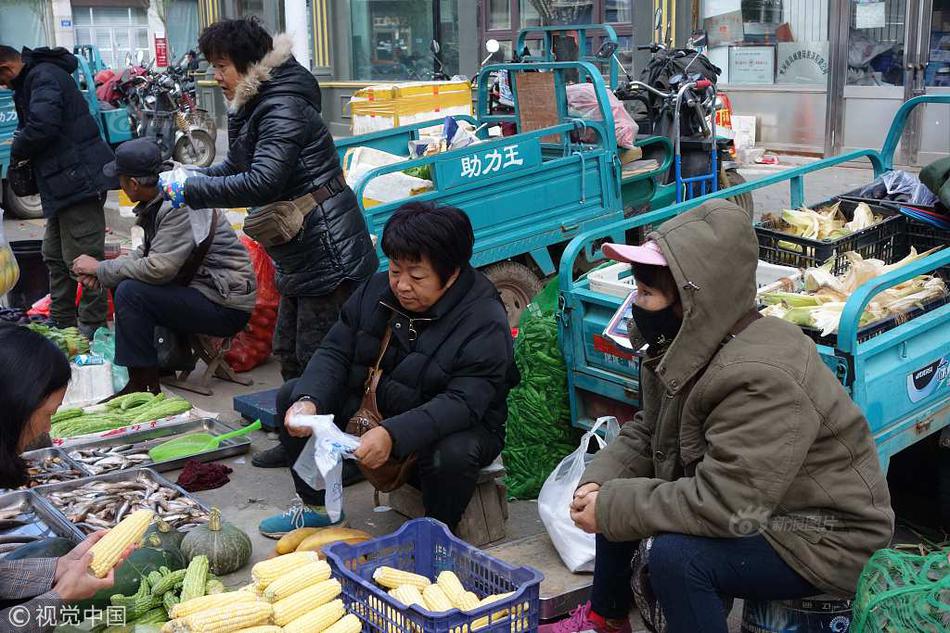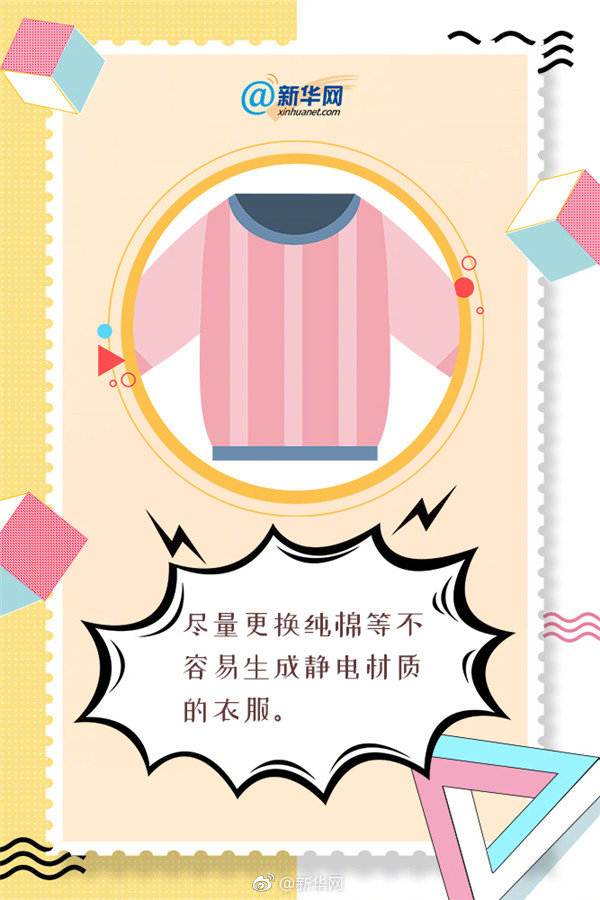A bipartisan investigation is Watch Good Looking Girl Onlineshutting down the Juul party like a cranky dad who's had it up to here.
The e-cigarette company has agreed to pay a $438.5-million settlement for aggressively marketing its vape product to teens. The Juul empire made its multi-billion-dollar fortune on the lungs of young consumers (although the current valuation has tanked). In a statement from Connecticut Attorney General William Tong, who led the agreement, "[Juul] relentlessly marketed vaping products to underage youth, manipulated their chemical composition to be palatable to inexperienced users, employed an inadequate age verification process, and misled consumers about the nicotine content and addictiveness of its products."
In other words, Juul told teens that vaping, a highly addictive pastime, is cool.
The announcement is the latest in a saga that has played out like a teen drama. First, the company discontinued its social media accounts, and in 2019, Juul CEO Kevin Burns said he was like, really sorry, for getting everyone's kids addicted to nicotine. Then in 2020, in a 10-Things-I-Hate-About-You-esque display of contrition, Juul pulled its popular, mouth-watering-flavored pods like mango, fruit, cucumber, creme, and mint from the shelves. By June 2022, the FDA had had enough of Juul's games and issued a ban on selling and distributing Juul products. But the FDA fell back under Juul's spell in July 2022, and suspended its ban, saying the company's "scientific issues" need further review.
Now the multi-state investigation is cutting off Juul once and for all. The settlement, achieved by 34 states and territories, will distribute the millions of dollars to help reduce nicotine use and force Juul to comply with "strict terms that end youth marketing and crack down on underage sales,” said Attorney General Tong. So they're not shutting down the company, but they're cutting Juul's access to its biggest and most lucrative age group.
Specifically, the terms that Juul has agreed to refrain from read like a Disney villain list of how to lure children. It includes funding education programs, use of cartoons, social media advertising, use of paid influencers, misleading representations about nicotine content, advertising on billboards, and yep, giving out free samples.
Per The Washington Post, Juul said, "The terms of the agreement are aligned with our current business practices which we started to implement after our company-wide reset in the Fall of 2019."
Juul may have been the cool kid in school, but it seems they've peaked, which is never a good thing. See you at the reunion.
(Editor: {typename type="name"/})
 Amazon Kindle Paperwhite Kids: $139.99 at Amazon
Amazon Kindle Paperwhite Kids: $139.99 at Amazon
 A tired journalist's response to Trump Jr.'s emails has spawned a great meme
A tired journalist's response to Trump Jr.'s emails has spawned a great meme
 Slack fixes major vulnerability that left desktop users open to attack
Slack fixes major vulnerability that left desktop users open to attack
 Prince Harry and Meghan Markle sign major deal with Netflix
Prince Harry and Meghan Markle sign major deal with Netflix
 Google's data center raises the stakes in this state's 'water wars'
Google's data center raises the stakes in this state's 'water wars'
Best GPU deal: Get the MSI RTX 5080 for $1,249.99 at Best Buy
 SECURE YOUR RTX 5080:The MSI RTX 5080 16GB GDDR7 GPU is listed at Best Buy for $1,249.99. Stock is e
...[Details]
SECURE YOUR RTX 5080:The MSI RTX 5080 16GB GDDR7 GPU is listed at Best Buy for $1,249.99. Stock is e
...[Details]
Amazon gets FAA approval to fly Prime Air delivery drones
 It's a bird! It's a plane! It's an ... Amazon drone?Amazon has just gotten the thumbs up from the Fe
...[Details]
It's a bird! It's a plane! It's an ... Amazon drone?Amazon has just gotten the thumbs up from the Fe
...[Details]
LG to launch its rotating screen phone in two weeks
 LG is working on something different. On Wednesday, the company said it will be officially announcin
...[Details]
LG is working on something different. On Wednesday, the company said it will be officially announcin
...[Details]
12 unexpected ways algorithms control your life
 Mashable’s series Algorithmsexplores the mysterious lines of code that increasingly control ou
...[Details]
Mashable’s series Algorithmsexplores the mysterious lines of code that increasingly control ou
...[Details]
Ms. Frizzle spotted at Science Marches across the globe
 The Magic School Bus took some very important field trips this Earth Day, making stops at Marches fo
...[Details]
The Magic School Bus took some very important field trips this Earth Day, making stops at Marches fo
...[Details]
The ads Jeff Sessions might want to avoid if he revives D.A.R.E.
 Hello, it is I, your trusty *two-time* graduate of the Reagan-era anti-drug school campaign D.A.R.E.
...[Details]
Hello, it is I, your trusty *two-time* graduate of the Reagan-era anti-drug school campaign D.A.R.E.
...[Details]
Tape emerges of Shia LaBeouf making racist comments towards police
 Shia LaBeouf has apologized after footage leaked showing the actor making racist comments towards po
...[Details]
Shia LaBeouf has apologized after footage leaked showing the actor making racist comments towards po
...[Details]
UK schoolgirls are campaigning for public sexual harassment to be on the curriculum
 As millions of students in England and Wales return to school after lockdown, a group of British sch
...[Details]
As millions of students in England and Wales return to school after lockdown, a group of British sch
...[Details]
Donald Trump talked about space and Buzz Aldrin's face says it all
 Donald Trump's bizarre ceremony to bring back the National Space Council had a lot of people wonderi
...[Details]
Donald Trump's bizarre ceremony to bring back the National Space Council had a lot of people wonderi
...[Details]
There's not a single Prime Day deal for sex toys? Come on.
 Amazon Prime Day is supposed to be all about getting good deals, but sadly this year it's not about
...[Details]
Amazon Prime Day is supposed to be all about getting good deals, but sadly this year it's not about
...[Details]
Swole Jeff Bezos joins Instagram to tease his new ROCKET FACTORY

These dogs have been DNA tested. Can you guess the breed?

接受PR>=1、BR>=1,流量相当,内容相关类链接。